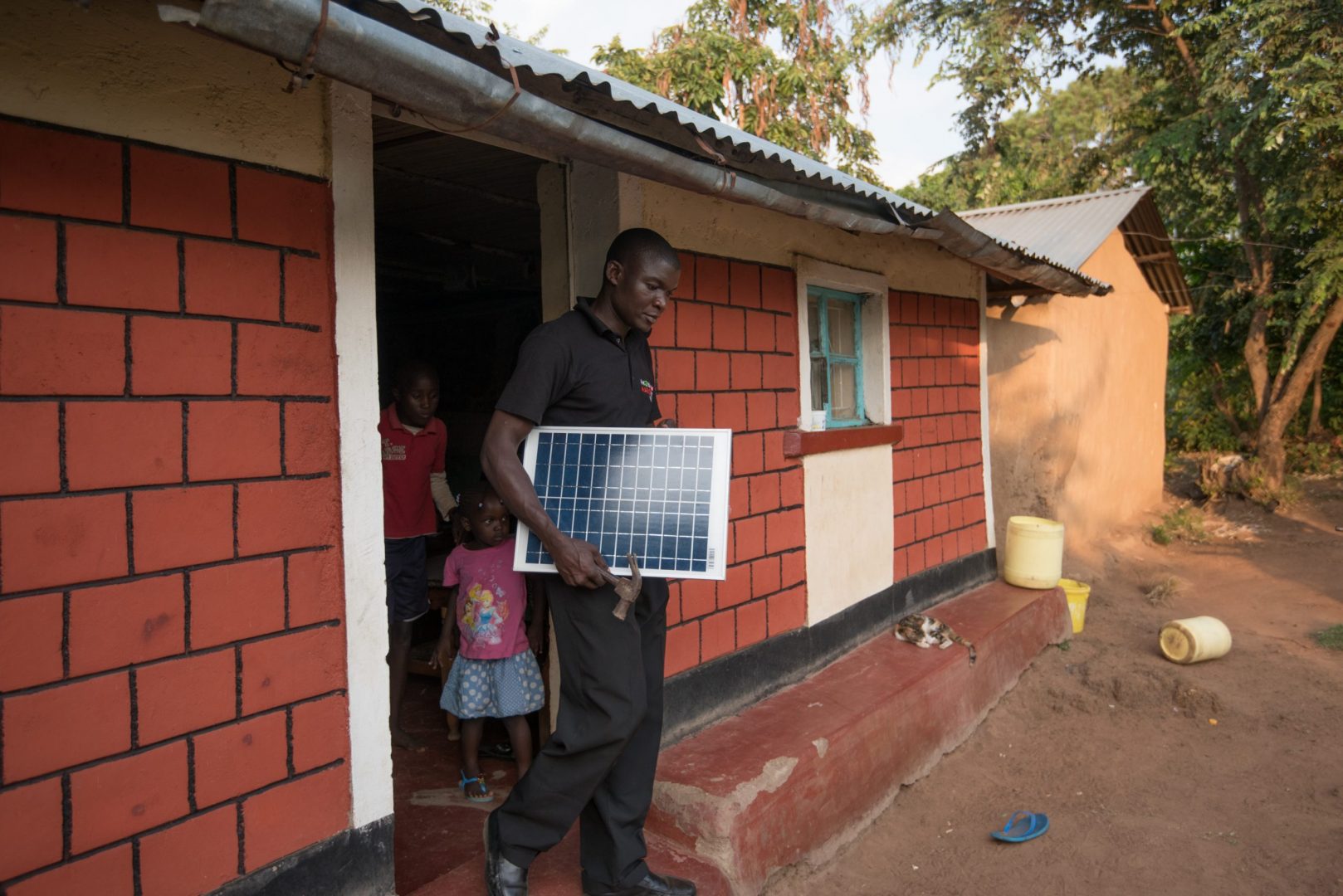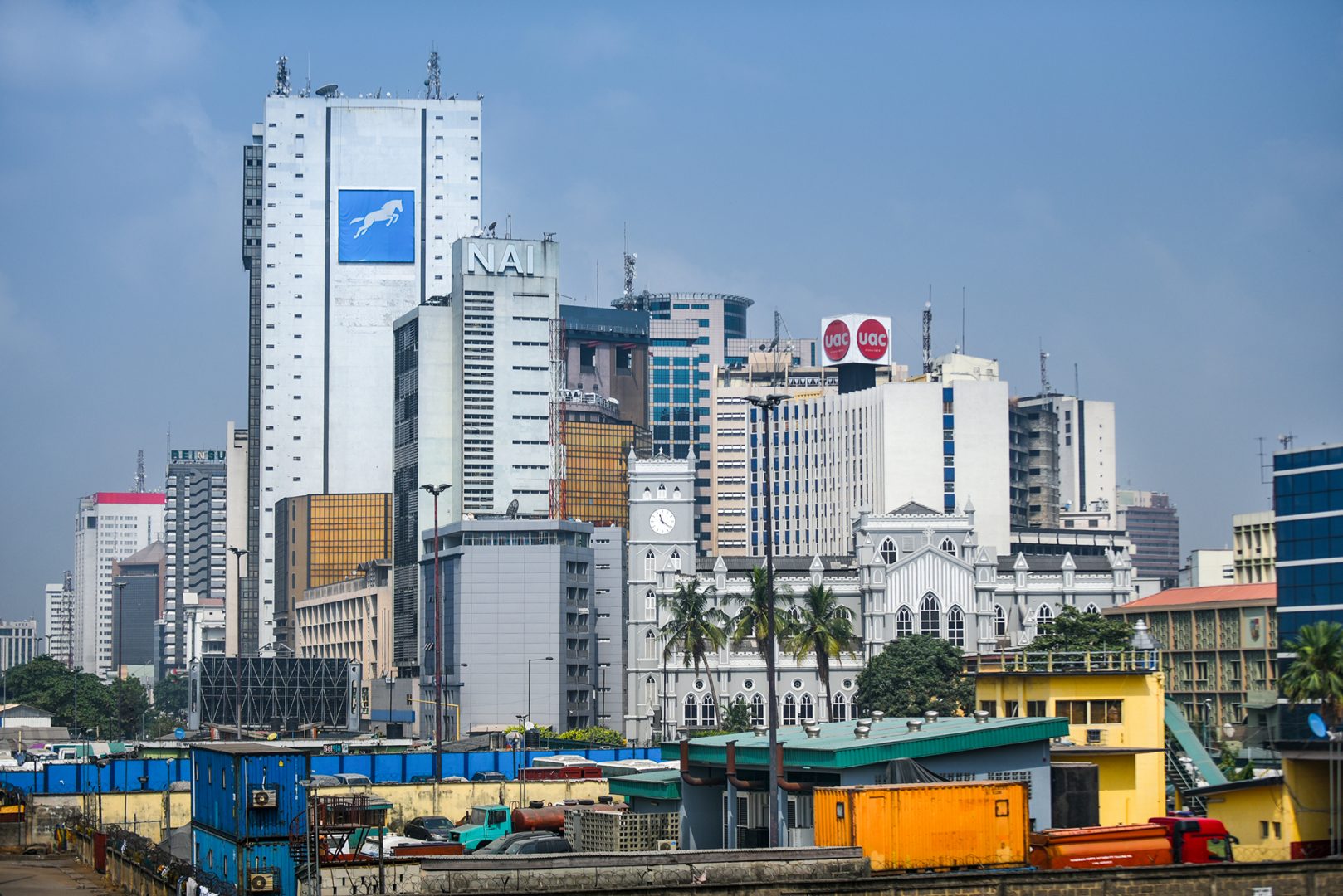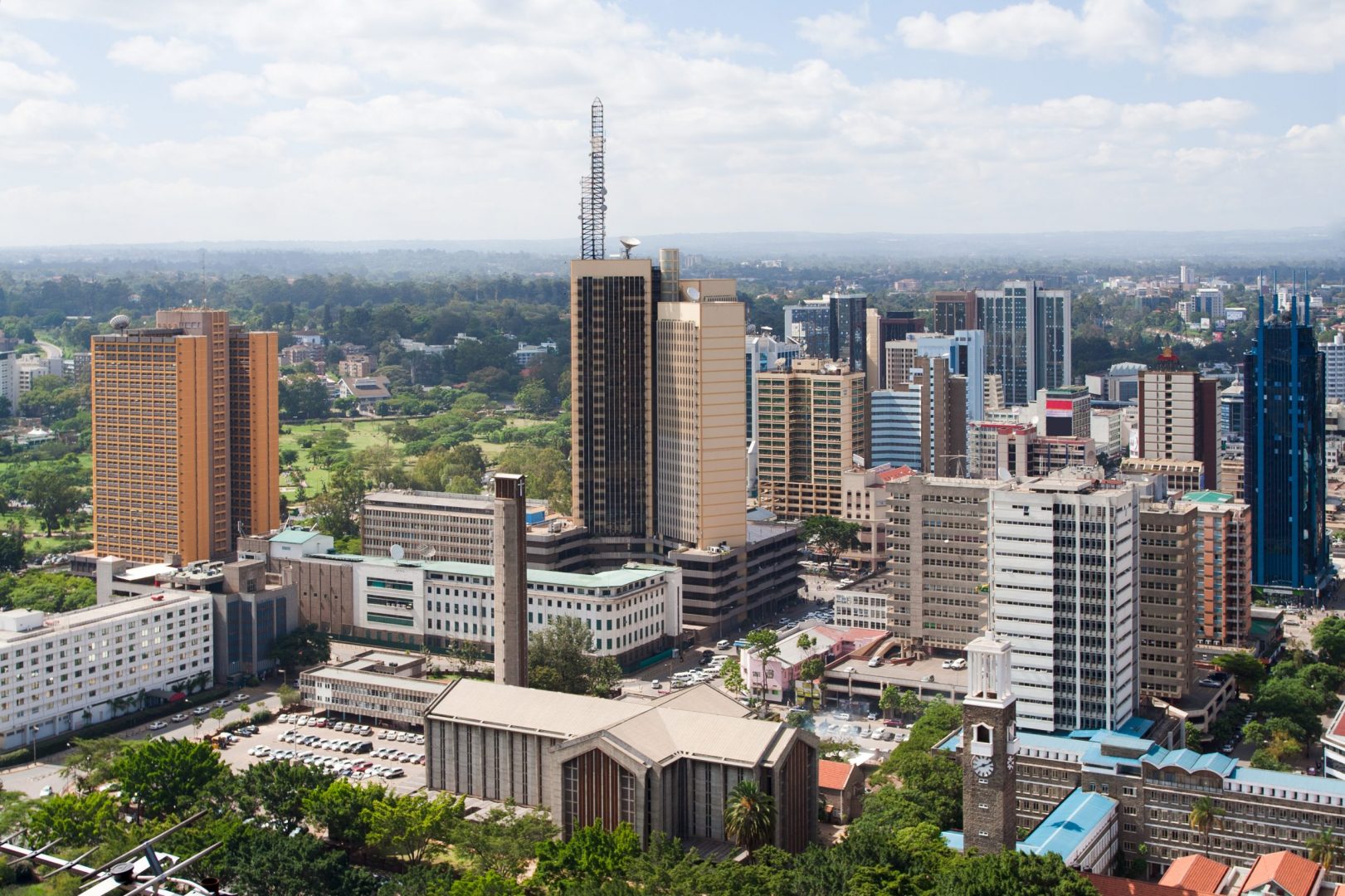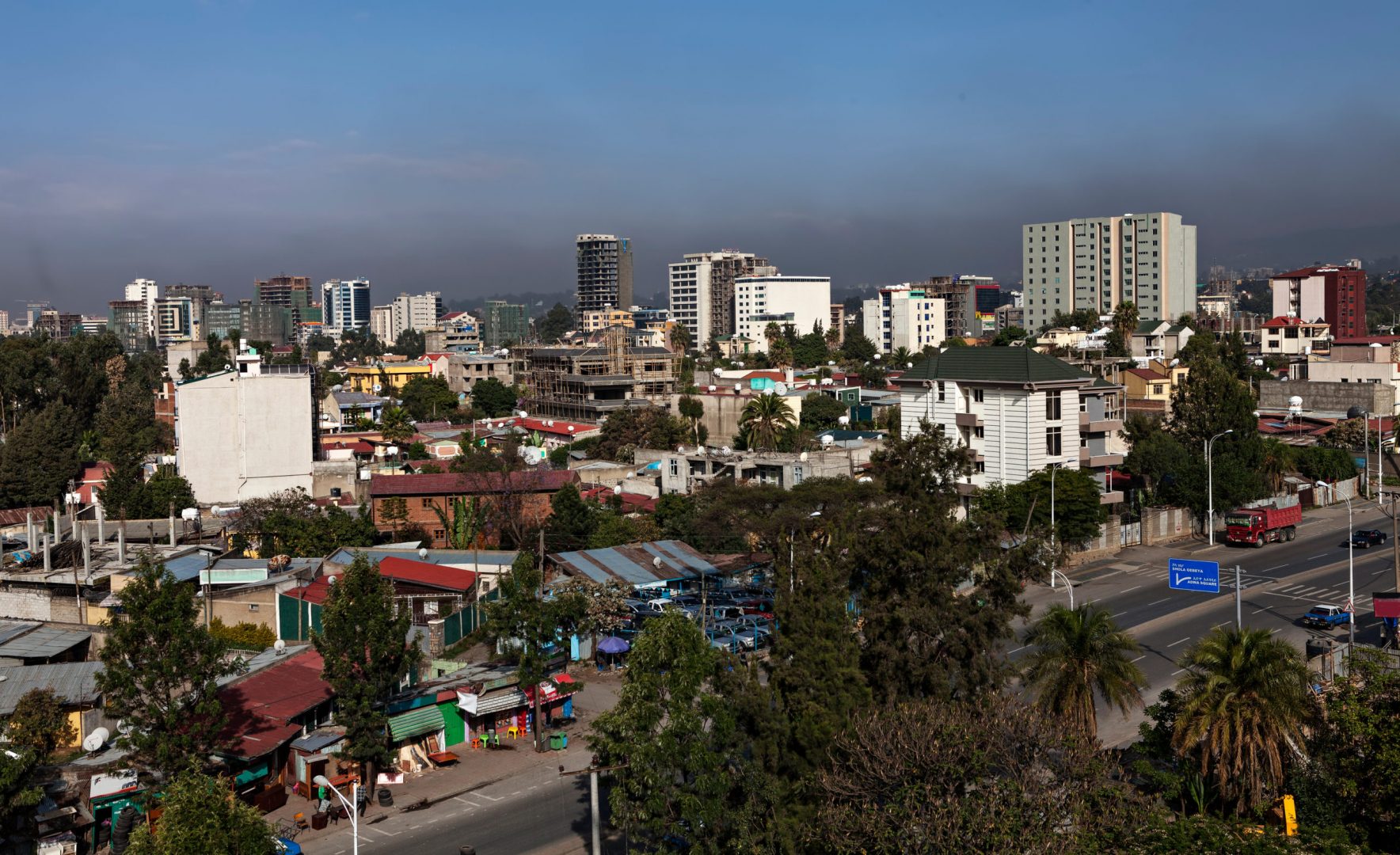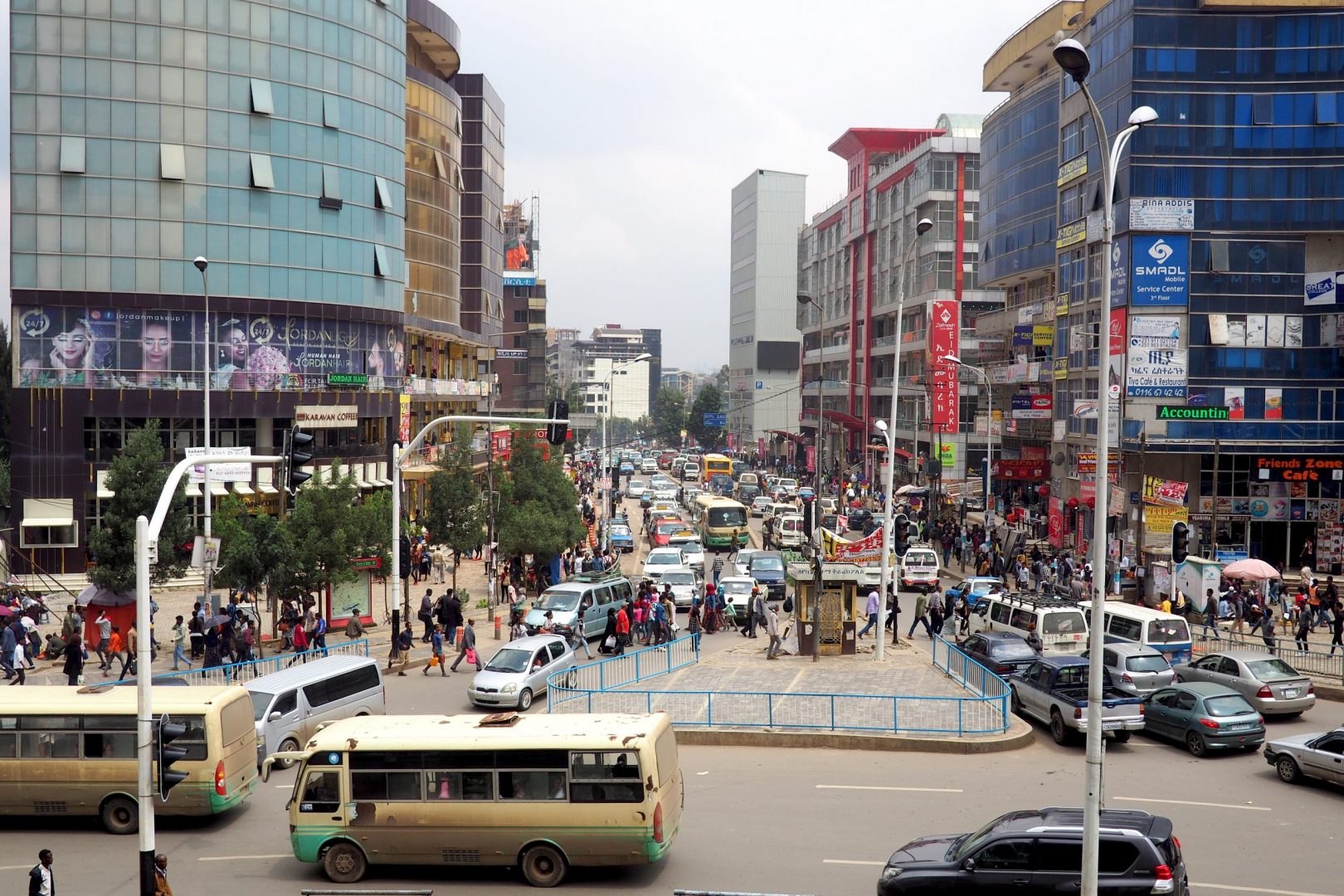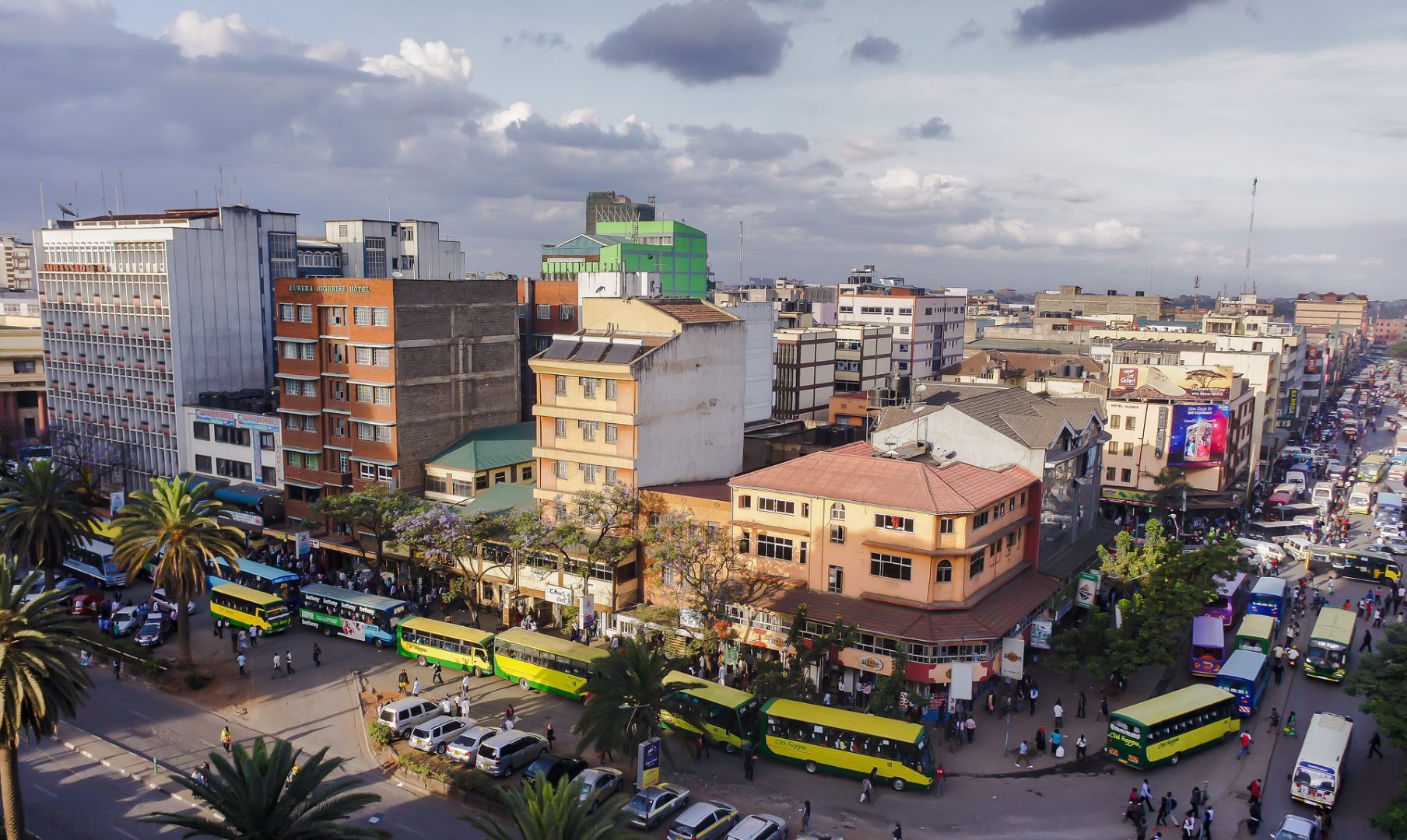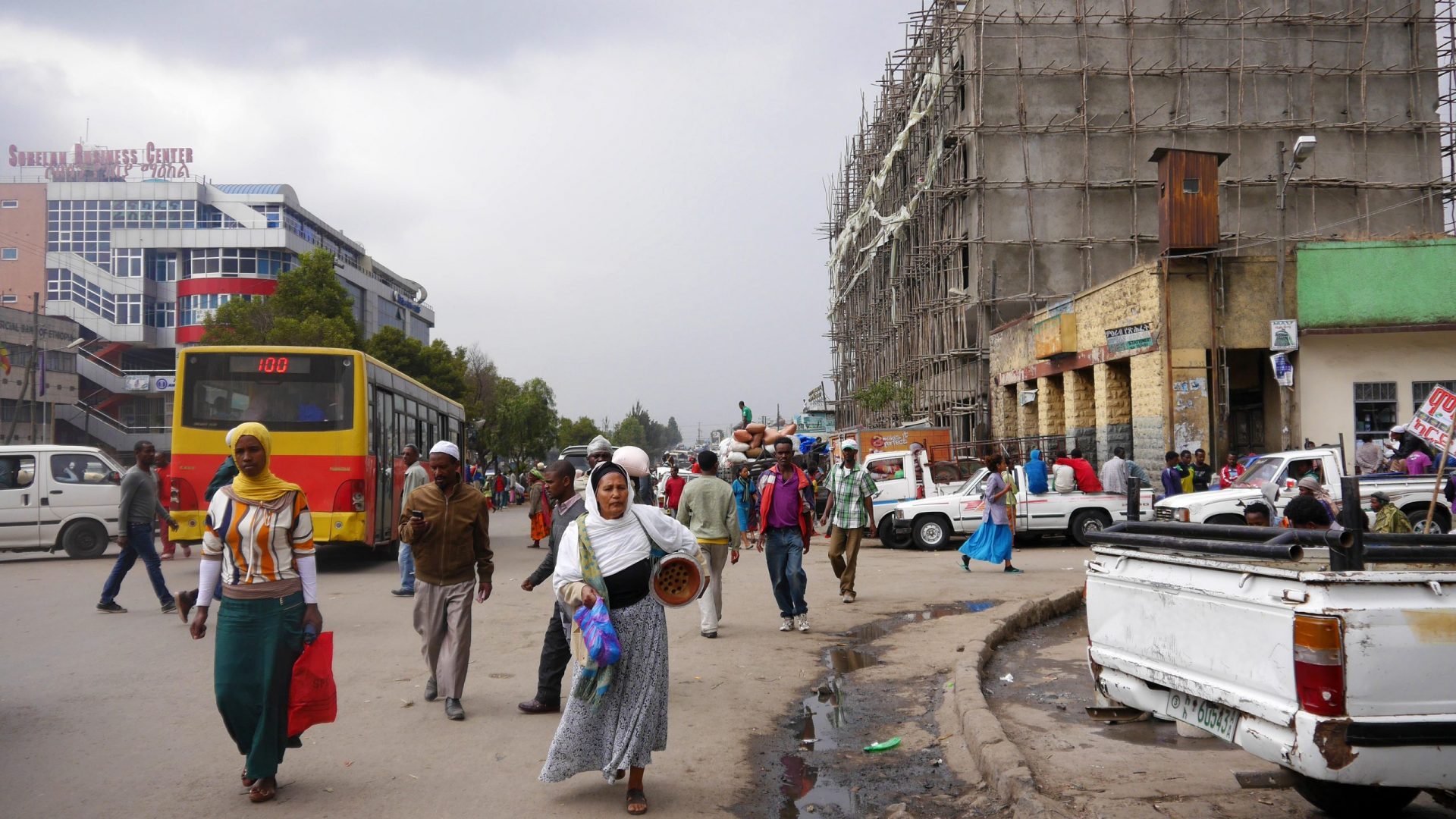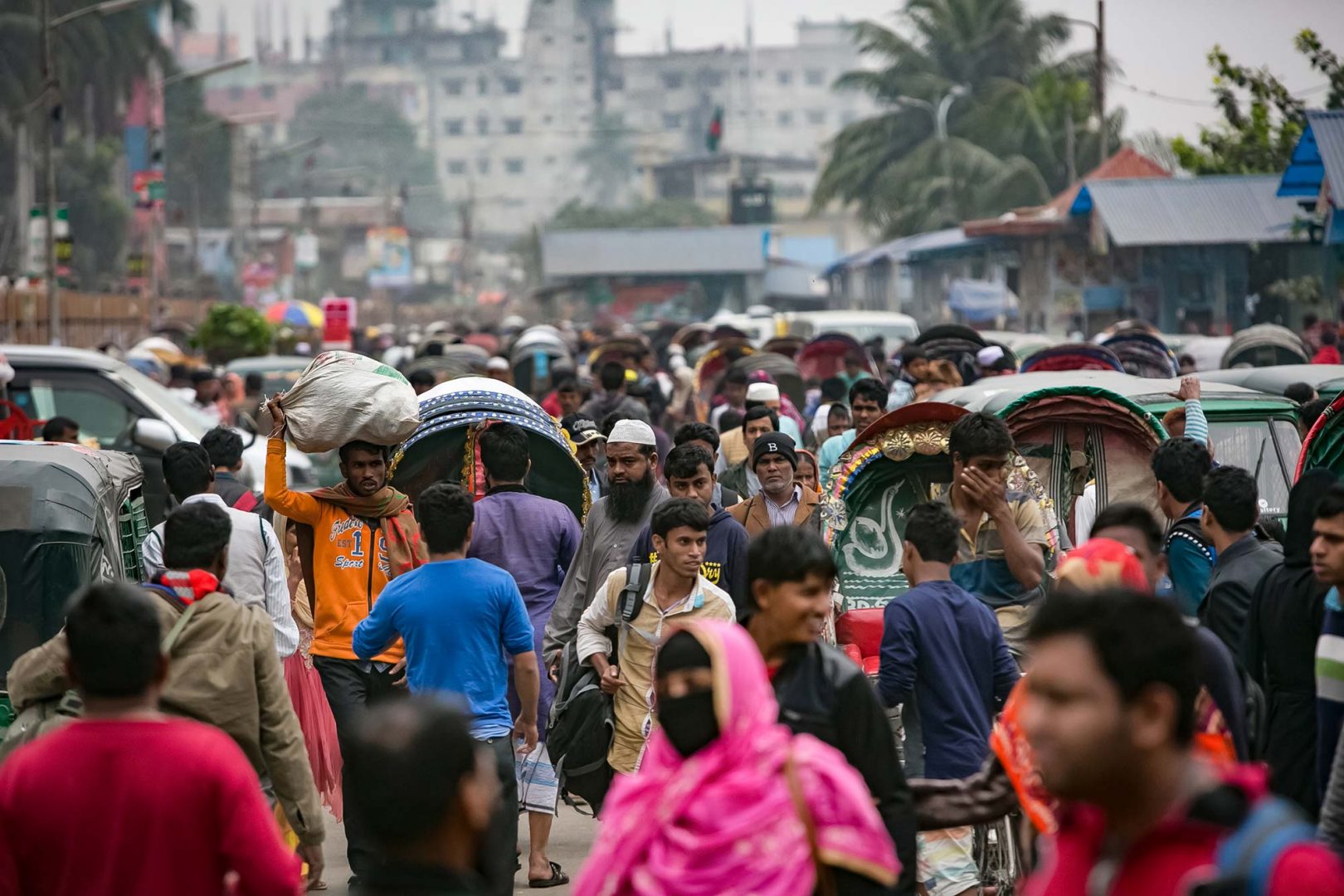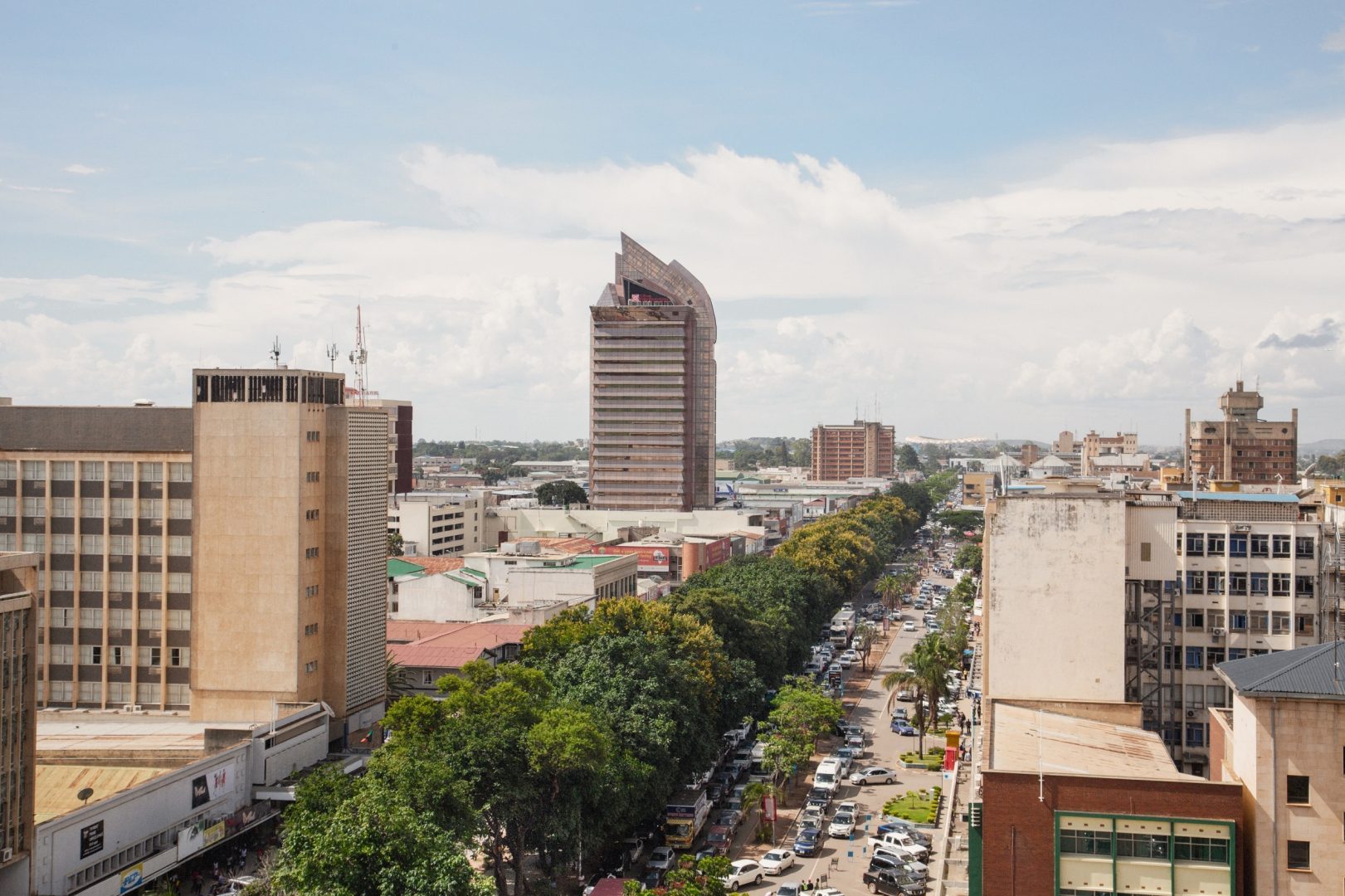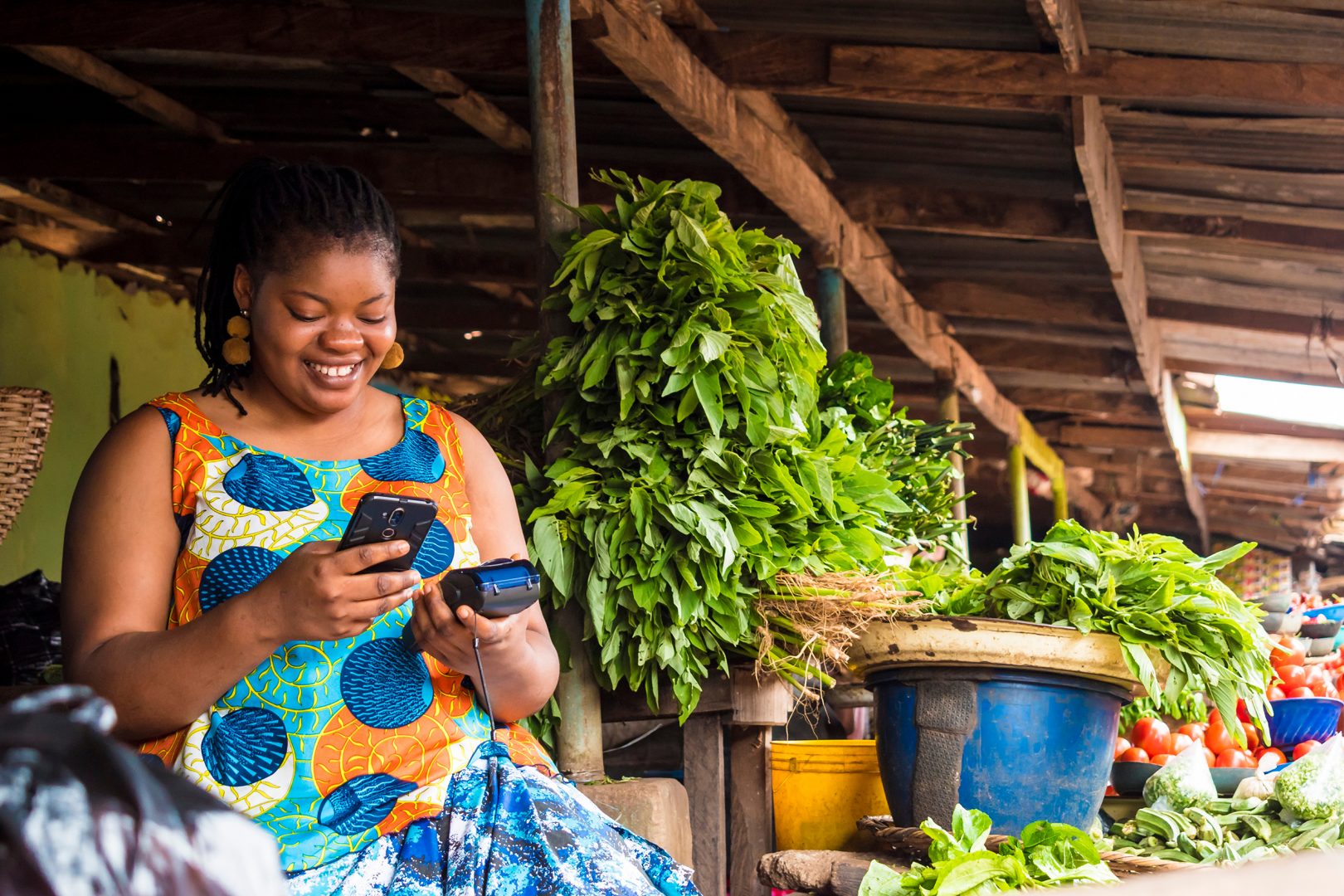Ahead of speaking at an ODI event on “DFIs and the pandemic response: Supporting job protection during and after the pandemic”, our Job Quality Lead, Dr Samantha Lacey, reflects on the impact of COVID on vulnerable workers, and the need to support them into more secure and decent employment.
India’s workforce is made up of a large proportion of domestic migrant labour, who come to work in the cities for a daily wage. When lockdown hit the country in March, millions of these workers returned to their homes. The image of those workers walking hundreds of kilometres to return home was shocking, and vividly exposed the vulnerability they lived with every day. Of course, the situation faced by those workers is not a new one, but COVID has both shone a light on it and exacerbated it. And it is not limited to India but is the case in many of the countries where we invest.
In 2018, the ILO estimated that 76 per cent of people in developing countries were in vulnerable employment. The pandemic has only exacerbated that. Between March and June, working hours were reduced globally by 14 per cent, equating to the loss of 400 million full-time jobs – and the result has been huge numbers of people being pushed back into informal and insecure jobs.
For those workers returning home in India, often with no income and no savings, the impact has been devastating. And some of the companies that employed them are now struggling to rebuild their workforces as they try to restart operations.
What is the role of a development finance institution (DFI) like CDC in supporting workers and employers during the pandemic? Our COVID response has three areas of focus. The first has been to preserve the development impact and financial stability of our current investees – supporting companies through the challenges of the crisis, including on areas like job protection. We’ve found that most of our investee businesses have been incredibly resilient, and although it’s still early days, several have been able to adapt to protect jobs. The second area is to strengthen businesses that are scaling up their response to the economic and health challenges of the crisis. And the third is to support businesses and economies to rebuild – and it’s this area I want to focus on. Because it’s crucial that as we support the recovery, we think about the vulnerabilities that COVID has exposed, and ensure that the companies that we help rebuild, and the livelihoods they support, are resilient ones.
One part of our role is to support the creation of more, formal, decent jobs, with associated income security and social security. We do that through helping formal businesses to grow and working to improve the quality of those jobs.
However, it’s also a reality that in the countries where we invest, the majority of jobs are still in the informal sector, and in many countries, that situation has not shifted for many years – for example in Kenya, formal employment has remained at around 17 percent of total employment since 2012. Of course this is happening in the context of a job creation challenge that was huge even before the COVID pandemic – Africa needs to create more than 18 million new jobs each year to meet its growing working age population – and the erosion of formal jobs due to COVID intensifies that need.
What do jobs in the informal sector look like and what conditions do they mean for workers? The line between the formal and informal sectors is often a very complex one. Sometimes formal businesses outsource and sub-contract to the informal sector, where there are little to no legal protections on minimum wage and no social security if something goes wrong. In other cases, people work in jobs that may be formal but are either insecure – they may be covered by a contract but it may be very short-term or have no minimum amount of work per week – or have no opportunity for progression.
All this means that a second aspect of our role is to prioritise improving the livelihoods of low-skilled workers facing these insecurities and vulnerabilities. This involves looking beyond traditional sectors to develop ideas about how we will support improved livelihoods at scale, understanding the barriers to income security and a decent job, and helping these workers to take steps towards more formal work.
One way we’re doing this is by using worker surveys and focus groups, to understand directly from workers what challenges they face, and to help businesses support workers to overcome these barriers. This is important for workers in the informal economy, but also applies to all low-skilled workers, including those in the more formal economy. For example, most manual workers can’t afford to take time off work or pay for vocational training courses. This means they’re trapped in low wage, insecure work indefinitely. DFIs like CDC can work with our investees to support the development of on-the-job training programmes that enable people to earn a living while developing their skills. And this has business benefits too, by creating a more motivated, stable and professional workforce.
We know that some of the employment supported by the businesses in our portfolio is temporary in its nature. It’s important that we understand where in our portfolio these temporary jobs exist, so we can support improvements to livelihoods and manage risks more effectively. To do this we’re exploring ways to gather better data to identify those jobs. And we want other impact investors to do the same, which is why we’ve contributed to and supported the development of the Global Impact Investing Institute’s (GIIN) IRIS+ metrics on job quality, launched this week.
We’re also exploring how to identify and mitigate the potential negative impact of ‘gig’ or ‘platform’ work on workers’ rights, as well as how these platforms, can, if managed responsibly, play a role helping to improve workers livelihoods. This includes supporting them to develop through the provision of training or loans and through access to work at more transparent and reliable prices. We’ll be publishing a joint report on this topic with fellow DFIs, SIFEM and Swedfund, in the coming months.
Finally, as mobile access improves in our markets, companies can increasingly use phone or tablet-based apps to improve engagement with workers, understand challenges they face and the barriers that prevent them from progressing and working their way out of poverty. Studies have shown that engaging with workers, and starting to address their concerns, pays back in terms of increased productivity, staff and even customer retention. The role of technology is even more important during COVID when normal channels of communication are cut off and visits to review working conditions are restricted. For example, through our technical assistance facility, CDC Plus, we’ve been working with Noticeboard, a business-to-blue-collar-worker communications platform, to help them share government health and safety advice with workers. The business is producing videos to translate government advice into local languages for the millions of workers who do not speak English and cannot read, as well as providing a simple version of their app for free to small organisations struggling to communicate with workers at this time.
Six months on, COVID has pushed millions back into the informal sector, leaving them unaccounted for and vulnerable. Our role is not only to support and sustain good quality formal jobs, but also to explore how we can bring security and a decent job to those working in often inherently insecure sectors, helping them to take steps towards more formal work. Whether we like it or not, the informal economy is here to stay, and we need to ensure these workers are protected in a market without enough formal work for everyone.
To hear from Samantha about the role DFIs can play in supporting workers to make the transition from low quality, insecure jobs to more secure and decent employment, you can join the ODI event on Thursday 24 September: “DFIs and the pandemic response: Supporting job protection during and after the pandemic”.
